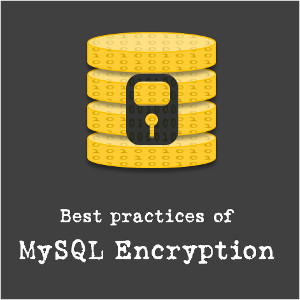Querying Relational Databases

Treehouse
Course Summary
Building off of previous SQL courses, this course will begin to introduce the student to more complex database concepts. Students will learn to think about data as sets and subsets and practice achieving desired query results via such operations as inner and outer joins, unions and except. They will also be introduced to the concepts of Set Theory and Database Normalization to aid in understanding good query practices.
-
+
Course Description
About this Course Building off of previous SQL courses, this course will begin to introduce the student to more complex database concepts. Students will learn to think about data as sets and subsets and practice achieving desired query results via such operations as inner and outer joins, unions and except. They will also be introduced to the concepts of Set Theory and Database Normalization to aid in understanding good query practices. What you'll learn
- What is a Relational Database?
- Database Normalization
- Database Keys
- Table Relationships
- Set Operations
About the Teacher
Ever since grade school, Kevin has always been a fan of math, logic and puzzles. Perhaps that is why his career naturally gravitated to working with SQL and databases. It just clicked for Kevin the first time he was introduced to a database. Kevin also enjoys working with others and sharing what he has learned over the years. He loves when people have that "lightbulb" moment, and is excited to know he has had a hand in turning it on for them.
-
+
Course Syllabus
Database Normalization
In this stage, we will explore what a relational database is, why we structure databases in this way, and talk a little bit about the benefits relational databases. 7 steps- Why We Make Databases "Relational" 2:31
- Database Normalization 1:33
- How Normalization Helps Us 2:54
- Database Normalization Review 5 questions
- Set Theory and Relational Databases 4:36
- Theoretical Groundwork 0:54
- Set Theory Review 5 questions
Database Keys
In this stage, we introduce the concept of "Keys." Without Keys, databases as we know them would not be able to function. 5 stepsTable Relationships
Relationships in databases help us to describe the way that one tables links or relates to another. 5 stepsJoining Table Data with SQL
We will be transitioning from mostly theoretical concepts to hands-on application of the concepts we’ve covered in the previous three stages. We will see how to use table relationships to produce query results that combine data from multiple tables. 6 stepsSet Operations
We cover more SQL operations that allow us to combine data sets from multiple tables in various ways. 8 stepsSubqueries
We introduce the you to Subqueries. Subqueries are a powerful tool that allow us to work with data in smaller subsets, which can greatly increase query performance and efficiency. 7 steps





